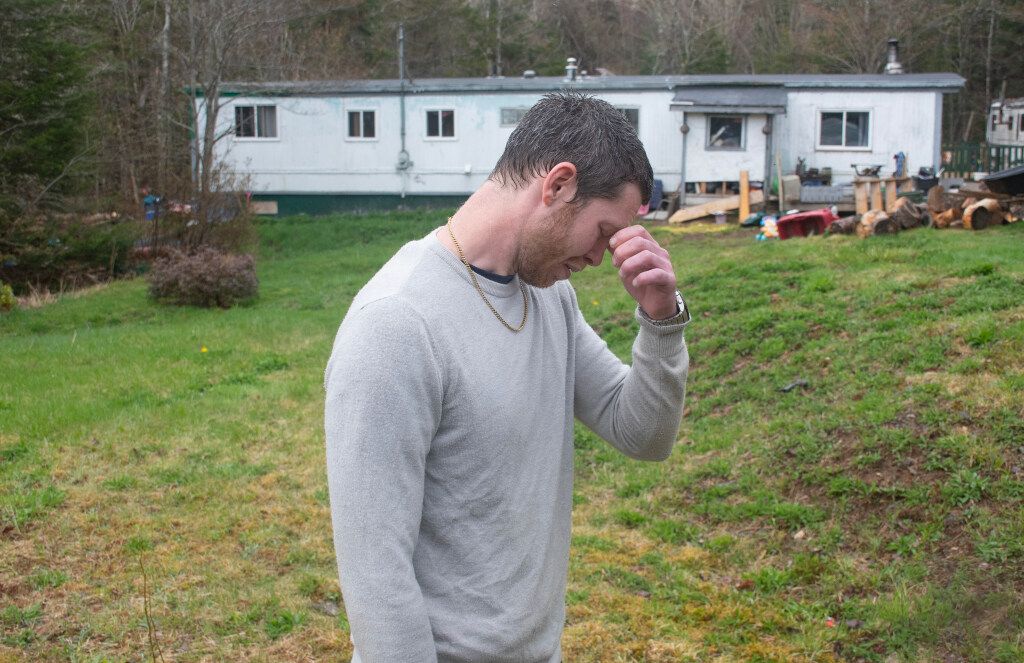Nova Scotia — Nearly three weeks after siblings Jack and Lilly Sullivan vanished without a trace, frustration and fear continue to rise as the RCMP maintain their position that the children were not abducted — despite mounting indications that the case has taken a criminal turn.

From the beginning, investigators insisted there was “no evidence of abduction.” But as days pass without a single physical clue, and with forensic teams, polygraph tests, search warrants, and lengthy interrogations now part of the investigation, many are questioning why the case has not officially been reclassified as criminal.
According to several sources close to the family, an RCMP cadaver dog handler reportedly told the children’s stepfather, Daniel Martell, that investigators believe “something happened to Jack and Lilly on Thursday night,” the evening before they were reported missing. The comment has ignited renewed scrutiny of the timeline and intensified speculation surrounding what authorities truly suspect.
Criteria for Criminal Classification Already Met, Experts Say
In Canada, a missing-persons case becomes a criminal investigation when at least two of the following criteria are met:
-
Suspicion of foul play
-
Evidence of a struggle
-
Vulnerability (such as young children)
-
Unusual circumstances
In Jack and Lilly’s case, at least three seem to apply.
The RCMP have already:
-
Obtained personal records such as banking and phone data
-
Secured search warrants
-
Conducted forensic testing on items from the home, including a blanket
-
Carried out extensive interviews and polygraph requests
-
Seen Child Protective Services remove a baby from the home and place her in foster care
These are investigative steps typically seen in cases where foul play is strongly suspected.

No Sign of the Children in the Woods
Despite massive ground searches by more than 160 personnel — including helicopters, drones, K9 units, and trained search-and-rescue teams — not a single trace of the siblings has been found in the woods surrounding the family home on Gairloch Road.
Search leaders have privately expressed that “there isn’t a sniff of them out there.”
Their last confirmed sighting was at a Dollarama in New Glasgow on May 1st, the day before they vanished.
This has led some observers to question why search efforts have not expanded aggressively into the vast wooded areas between Dollarama and Gairloch Road — an immense region, but one that may hold the answers investigators need.
Public Confidence Wavers
For many following the case, the RCMP’s insistence that the situation remains a missing-persons file — despite evidence of a possible crime — is increasingly difficult to understand.
“Everything points to criminality,” said one community advocate, citing the RCMP’s own investigative actions. “The public is just waiting for them to say it out loud.”
In Canada, a missing person is legally presumed deceased after seven years of no contact. But for many watching this case unfold, seven days has already felt unbearable.

Families and Communities Waiting for Answers
As the search stretches on, frustration grows. Residents of Pictou County wake up each morning hoping for a breakthrough — the discovery of the children, a public appeal from investigators, or even an arrest that could finally bring clarity.
Instead, they face another day of silence.
“Every morning I wake up hoping to see headlines saying Jack and Lilly have been found,” one relative said. “And that an arrest — or arrests — have finally been made.”
For now, Nova Scotia, and much of Canada, remains gripped by a devastating mystery:
Where are Jack and Lilly — and what really happened on that Thursday night?





